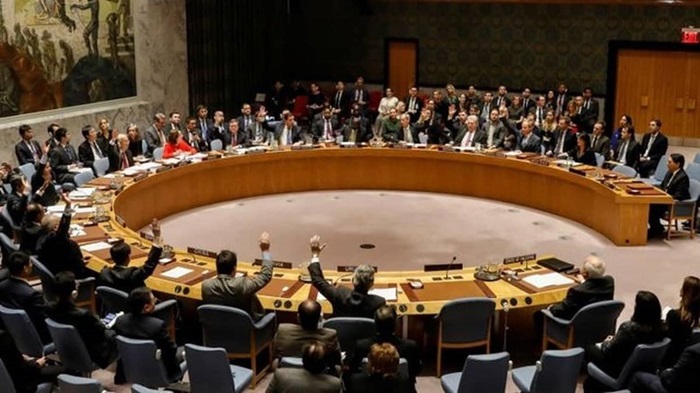
A grave crisis in the Middle East, resulting in the unfortunate loss of thousands of lives, has reignited global concerns regarding the deep-rooted threat posed by Islamic extremism.
The central focus of this global alertness is Tehran – a concern that the Iranian Resistance has repeatedly voiced since 1993. With the expiration of international sanctions under the United Nations Security Council Resolution 2231 set for October 2023, the Joint Comprehensive Plan of Action (JCPOA) is under intense scrutiny. The JCPOA’s provisions, initially designed to expire on October 18, would have lifted all remaining nuclear-linked sanctions. This would have freed up restrictions on sensitive technologies, ballistic missile advancements, and designations of specific individuals and entities connected with Tehran’s nuclear pursuits.
However, in a remarkable display of unity against the potential threats posed by the Iranian regime, a coalition of 47 countries from multiple continents has vehemently declared their mistrust in the extremist governance in Tehran. This joint statement, signed by notable Western nations such as France, Germany, and the United Kingdom (collectively termed the E3), is a strong push for maintaining sanctions against the Iranian regime.
Predictably, Iran retaliated with accusations of distrust and unfaithfulness towards other JCPOA signatories. Emphasizing this stance, Ali Bagheri Kani, a senior Iranian foreign affairs official, asserted that any continued or new sanctions would violate the spirit of Resolution 2231.
The regime’s nuclear dossier must be referred to the UN Security Council as soon as possible, and the six UNSC resolutions should be reinstated by the trigger mechanism, which should have been done a long time ago#Iran#JCPOA pic.twitter.com/9SK0sAe9LD
— Maryam Rajavi (@Maryam_Rajavi) September 14, 2022
However, such rhetoric from Iran is hardly novel. The international community has grown wary, especially recalling past dismissals of UN Resolutions by the former Iranian president, who equated them to mere “torn paper.”
Central to the ongoing debate is the international community’s dilemma: how has Iran managed to brazenly defy global agreements and accords consistently? The answer, unfortunately, may lie in the West’s appeasement tactics. The constant wavering and inability to hold the regime accountable has empowered it to push boundaries further. To truly curb the threat, reinstating the six UN Resolutions and triggering the snapback mechanism in UNSCR 2231 is crucial.
While the unified call by 47 countries for sustained sanctions is indeed a commendable step forward, it falls short of the decisive action needed to counter Tehran’s aggressive ambitions.

The ongoing chaos in the Middle East stands testament to the world’s pressing need to confront and neutralize the extremist core in Tehran, ensuring a future of peace and stability for all.

MEK Iran (follow us on Twitter and Facebook), Maryam Rajavi’s on her site, Twitter & Facebook, NCRI (Twitter & Facebook), and People’s Mojahedin Organization of Iran – MEK IRAN – YouTu
